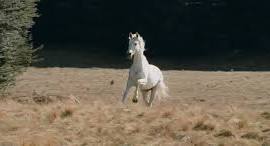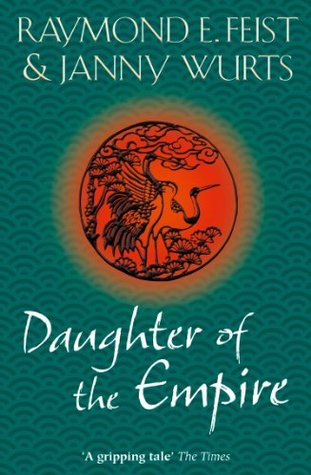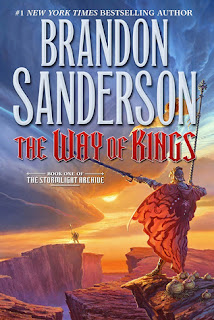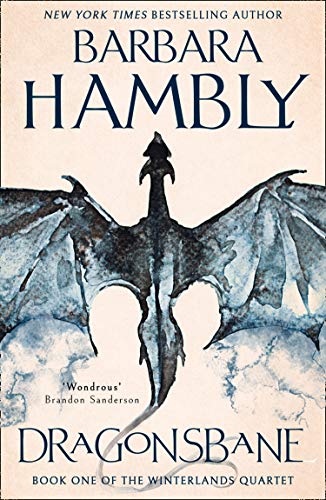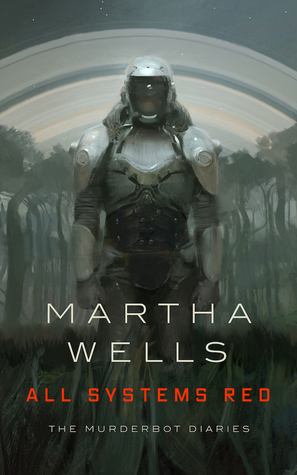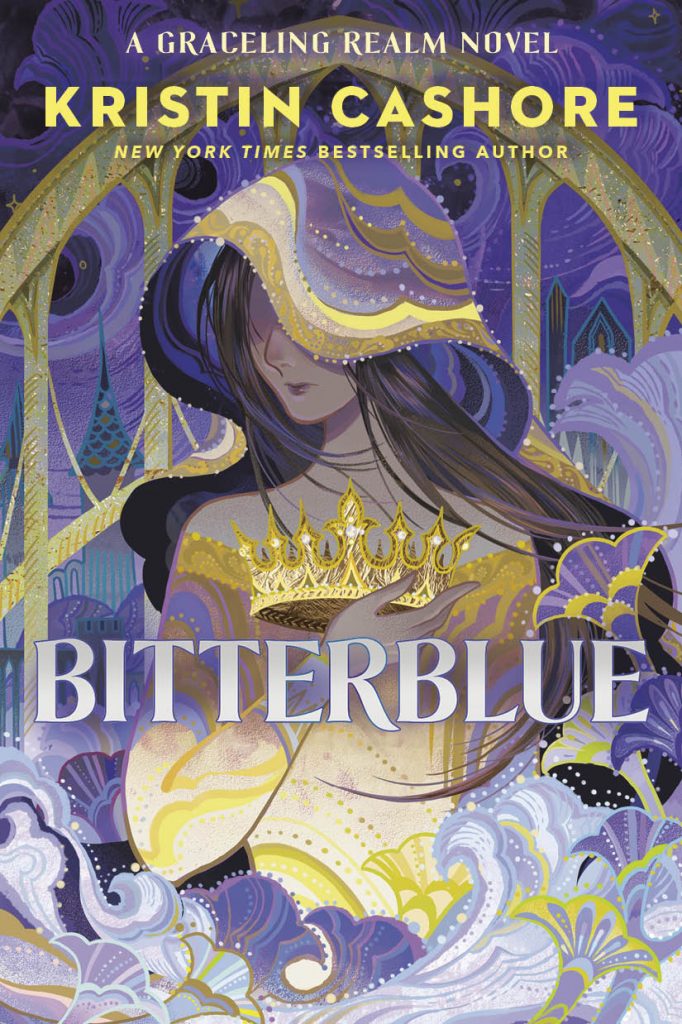.
I am delighted to share the very good news that early last month I sent the manuscript for The Wall Of Night (WALL) series finale to Harper Voyager.
 |
| The Wall of Night series, Books 1 - 3 (USA) |
Although it will be some time yet before it reaches readers, I have been reflecting on the epic nature of the series, which is very much at the high-heroic end of the fantasy spectrum.
Another aspect of the series that commentators often mention, is the degree to which it stars heroines—although there are still heroes in plenty. :-)
 |
| What Makes A Heroine? |
In 2022, I discussed the qualities that make a hero, from commitment through to character and courage. This year, I aim to take a favorite heroine (or two ;-) ) from loved books and feature them alongside a heroine from the WALL series.
I know I'll have fun penning these posts, and hope you do the same with the reading. :D
A Trio of Heroines: Aerin, Elfrid, and Malian of Night
Aerin
Aerin, Firehair and Dragonslayer, is the hero(ine) of Robin McKinley's The Hero and the Crown. She is a princess of the nation of Damar, where all scions of the ruling House are famous for their magical power, or Gifts, also called Kelar. Except that is, for Aerin, who also ends being on outsider in the royal household because her mother was not of Damar, and is rumored by some to have been a witch. Because she takes after her mother in coloring and features, Aerin also looks very different from the multitude of her cousins, all growing up together in the royal court.
In short, she is a solitary and lonely child, and then young woman, who compensates by rehabilitating and retraining Talat, her father's injured warhorse. Together they set about slaying dragons—mostly small, but dangerous and nasty opponents nonetheless—that plague the countryside's remoter regions. Or so it begins, but inevitably a much larger dragon (Maur) arrives to terrorize Damar, at the same time demon armies, led by an evil sorcerer, are invading from the north.
 |
| 2007 edition |
In the course of fighting them, Aerin's own magical powers finally manifest and she becomes the greatest hero of Damar. Given her solitary upbringing and the immense odds she must face, Aerin is the classic underdog, or "ugly duckling" (because she resembles her foreign mother) who must overcome daunting magical odds to win both her love, Tor, and succeed her father as a coruler of Damar.
Elfrid
Elfrid, the protagonist of Ru Emerson's The Princess of Flames, is also a heroine alone—though like Aerin she comes from a large family of half-siblings, with a shared inheritance of magical powers. Elfrid possesses these powers from the outset, has trained as a warrior, and is renowned for her size and strength. (Think Brienne of Tarth in A Game of Thrones.) In her case, the major point of contention with her half-siblings is that she is illegitimate, and when a cabal among the siblings revolt against the old King, Elfrid first defends his life, then chooses to go into exile with him.
Where Aerin's storyline occurs in an unbroken sequence, Elfrid returns from exile some years later. She has served as a mercenary in the army of Gespry of
Rhames, a kinsman whom she resembles physically—sufficiently so to take his place in leading the army that ostensibly fights against her country's enemies. Elfrid's true goal, however, and the army's, is to right her now-dead father's wrongs and overturn her corrupt half-brother's rule.
The ensuing tale is one of battles and duels, rebellion and revenge—and love that must tread a proverbially thorny path to determine if it is also true.
Malian
 |
USA
|
Like Aerin and Elfrid, Malian is the motherless daughter of a political and military ruler, the Earl of Night—a king in all but name. She, too, is a solitary heroine, although unlike both Aerin and Elfrid, she has no siblings or extended family about her, and very few other young people of her own age. Yet like Aerin, Malian is her father's legitimate heir, so is destined to rule after him—until her magical powers manifest, resulting in flight and exile from both her warrior House and their ancient and demonic enemy.
These events occurs in The Heir of Night (#1), while The Gathering of the Lost (#2) takes place during Malian's exile. Where Elfrid's path centers upon family conflict and setting a kingdom's internal wrongs to right, and while Aerin must save her country, Damar, from external perils, Malian is confronting an extinction-level threat to her entire world. A threat that has arisen before, and where her predecessor has been promised that Malian, unlike herself, won't have to face it alone.
.jpg) |
| UK |
Yet Malian frequently is alone, in part because of her nature, but also because of the sorcerous and demonic forces she opposes. In this, her path resembles Aerin and Elfrid's, but where they are essentially warrior-heroes, with additional magical powers, Malian is primarily a mage. One who also operates as a secret agent, with more than a little ninja thrown in, during her years of exile. This path, and the adventures that go with it, reinforce her solitary course—although a vital part of Malian's story is the friends and allies she makes along the way.
As for lovers, it's the recently completed Book #4 that will reveal whether, like Aerin and Elfrid, romance lies in Malian of Night's stars.
 |
| UK |
~*~
About Helen Lowe
Helen
Lowe is an award-winning novelist, poet, and lover of story. With four
books published to date, she has recently completed the final
instalment in The Wall Of Night series, which is now with its publisher,
.
Helen posts regularly on her “…on Anything, Really” blog, monthly on the Supernatural Underground, and tweets @helenl0we.





















.jpg)










